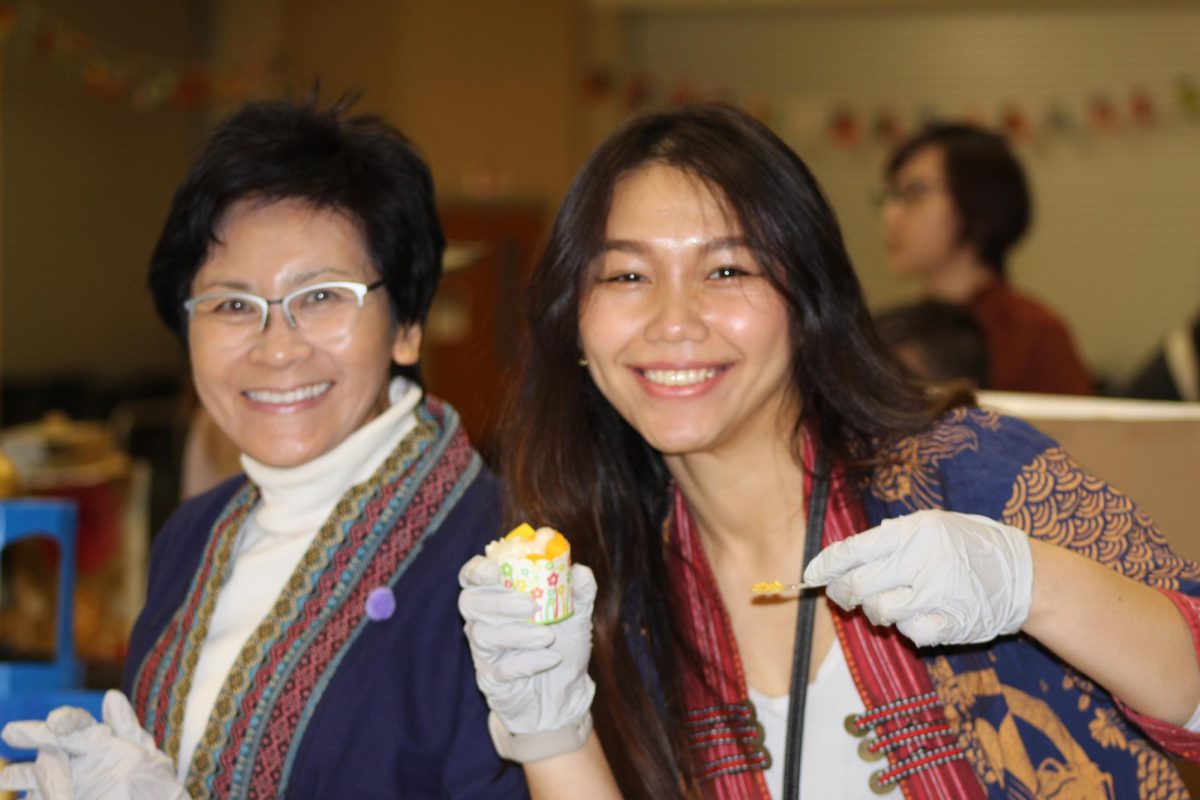The median listing price for a house in Allen, Texas is $324,000. Of the 75 percent of citizens in the labor force, only 1 percent are unemployed. 50 percent of the population has a Bachelor’s or Associate degree. Growing up in this affluent area, many are enclosed in a bubble of suburbia, especially students who have never had to experience the outside world. Many fail to realize that there are world problems, right within reach of this community. According to the FBI, Dallas is one of the top 14 cities in the U.S. for sex trafficking.
Human trafficking, or the illegal trade of people (mostly young girls) mainly for the purpose of sexual exploitation, is an epidemic that is a major world problem.
Traffick 911, an anti-human trafficking organization recently started in Fort Worth, is working to raise awareness and prevention of this issue.
“They are finding kids who are very poverty-stricken, very hopeless, and they’re hiring them to be recruiters for them,” executive director of Traffick 911 Deena Graves said. “American children are being forced into sexual slavery right under our noses.”
According to a recent article in the Allen American, there are more than 27 million trafficked humans around the world, generating more than $32 billion every year, which is more than Starbucks, Nike, and Google combined. More than 740 American girls were sold in one month, with more than 250 of those coming from the Dallas/Fort Worth area.
“There is something really wrong when we have 45,000 missing kids in our state and no one knows about it,” Graves said. “There are some huge, huge issues here that we have to get to the root of.”
One student on campus has decided to help in any way she can to raise awareness for this problem. Since a project in her sophomore year english class encouraged her to research a world issue, senior Lauren Sanders has done a great deal of research on the subject of sex trafficking, and wishes to pursue the prevention of this epidemic as a career.
“I didn’t really know what to do for [my project in english class], and so I started researching a lot of different world problems, and I came across sex trafficking,” Sanders said. “Of course, my innocent, naïve self, I had no idea that it existed. It is pretty much a modern form of slavery, and that just hit me hard. I live in such an affluent area and I live this blessed and sheltered life, and researching with that project, I really felt a call that I needed to take action.”
Sanders aspires to be a childrens advocacy lawyer, followed by a job with the United Nations.
“I want to go work for the United Nations for the International Labor Organization that is under the UN,” she said. “They work internationally on raising awareness for sex trafficking and creating incentives for governments to help stop sex trafficking.”
The issue is a growing one, yet one that still goes unnoticed in many areas, especially affluent ones. Traffick 911 attempts to convey the danger of not being aware of this issue to schools and citizens in the Dallas/Fort Worth area.
According to Graves, traffickers generally stay close to interstate highways like I-35 and I-45 so they can easily transport victims. However, “recruiters” generally fan out of big cities and focus on the smaller towns or suburbs around them, because law enforcement is not as threatening there.
“Collin County differs a lot socio-economically,” Sanders said. “So if you are in a bad part of Plano or Richardson, there is a lot more poverty and opportunity for sex trade than here in Lovejoy, because hardly anyone knows about it here. It is important to realize that it can happen anywhere.”
Although students cannot volunteer with organizations such as Traffick 911 until age 18, they can donate money or simply spread the awareness.
“The biggest way students can help is by being aware of what sex trafficking is and knowing how to recognize the signs,” Sanders said.
Sources:
Traffick911.com
The Allen American
Wikipedia.org/Human_trafficking






















